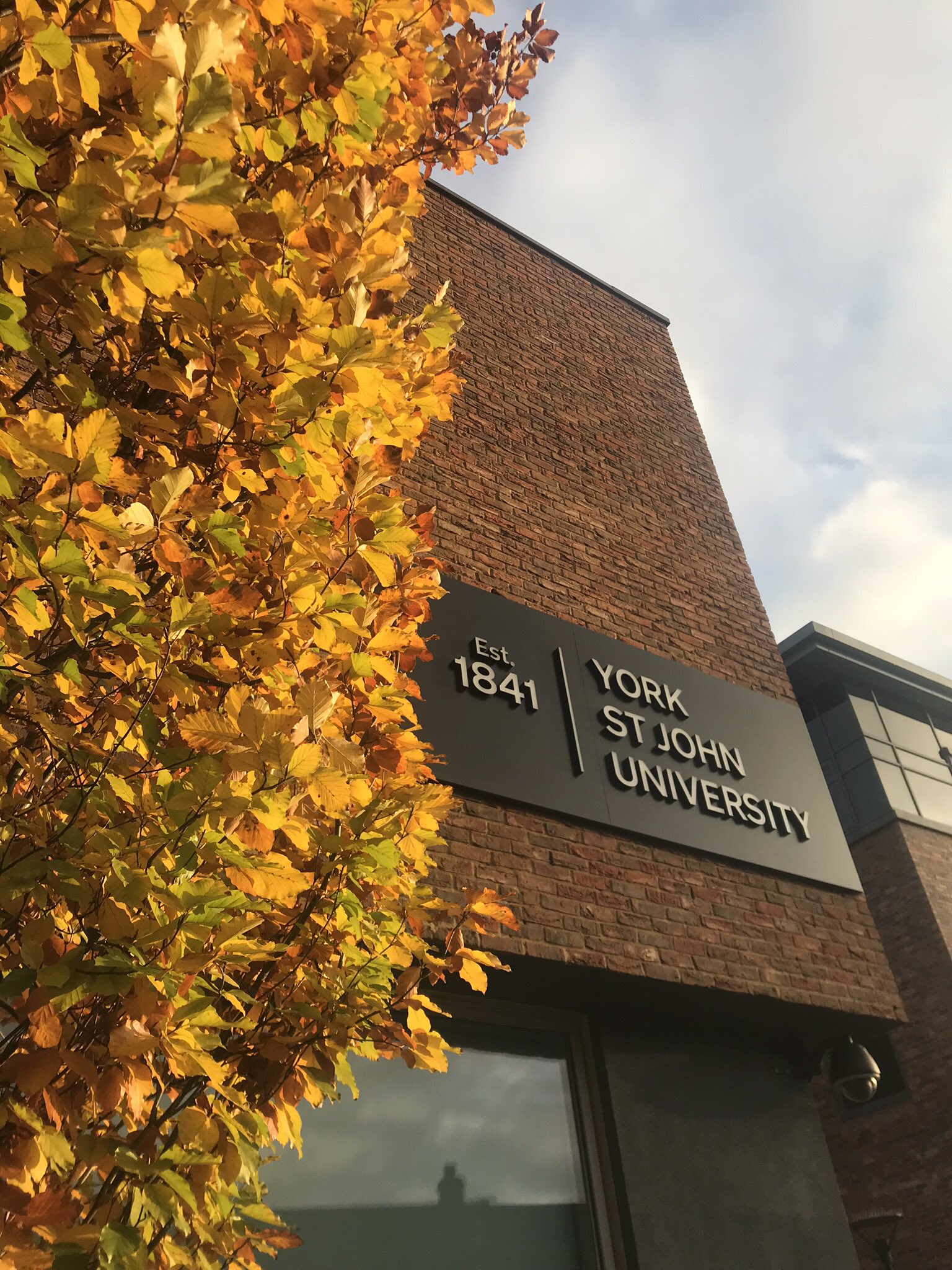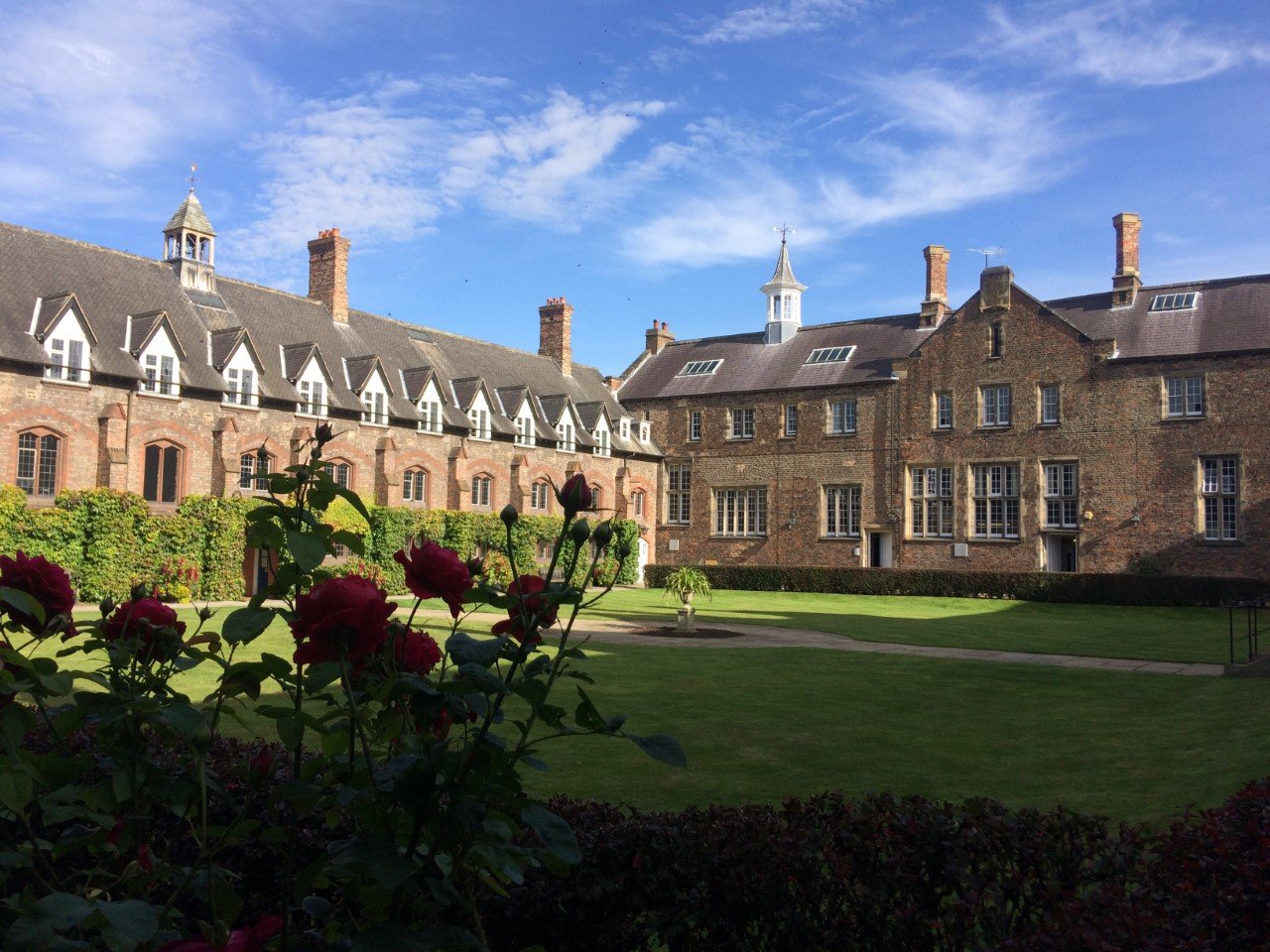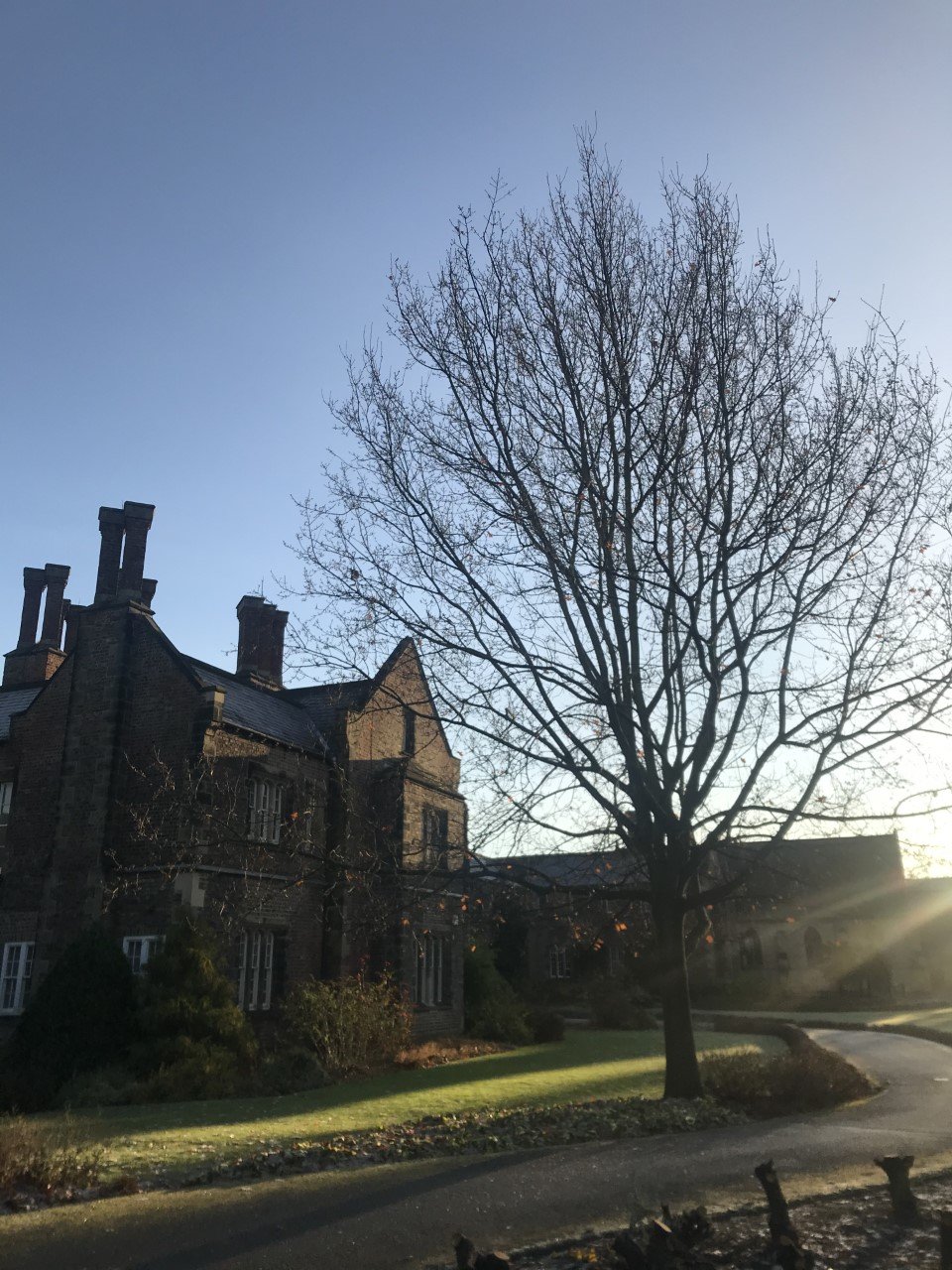2021 offered particular challenges to our wonderful second years on History, Community, and Culture, and to our placement providers – some of the most innovative and renowned across York’s heritage sector. In the first of our annual series, Samuel Huish writes about his experiences of archival work with the National Railway Museum, where he put his historian skills to the test with transcribing letters.

This past semester I have been working in a placement provided by the university at the National Railway Museum in York. The main focus of the work there was to develop archival skills through the research and interpretation of a set of sources. My interest in becoming a museum curator in the future, something which has developed since the start of my time at university, has definitely grown as a result of this placement. The skills I have learnt will definitely assist in my understanding of a museum workplace, as will the people I have met.
To get into the specifics of the work done, I shall focus on a single object of the five I studied virtually. A letter from Robert Stephenson, the son of George Stephenson, and equally well renowned for his engineering prowess. The letter contains a discussion on an agreement between Robert and the Canterbury and Whitstable Railway. The agreement relates to specific parts to build a stationary engine. There is also a section of the letter on the second page discussing the recent staffing changes that took place. It is an important object to have studied as the Canterbury and Whitstable Railway was the first railway to have regular passenger trains taken by locomotives across its line. The importance also comes from how close this letter was written to the time of the Canterbury and Whitstable Railway. The letter was written on the 12th of June 1830, the line had opened the same year. The famous train ‘Invicta’, sister train to the equally famous ‘Rocket’ ran on this line as the main engine for assisting with steep hill climbs.
I am only able to discuss and describe all the above information because of the work I have done during my placement. The letter initially had no transcript when I began work on it. With some basic guidance from the National Railway Museum, I worked to produce one, and this is another skill I believe to have developed. Transcription work has its difficulties, for example remembering not to correct anything you see that appears incorrect. Of course though, this is not always the case. At the beginning of the letter, I occasionally struggled to decipher the almost two century old writing due to the virtual nature of the placement. However, through persistence I was able to gradually familiarise myself with this writing style and the handwriting itself, allowing for a clearer understanding of the item.
Once the transcript was completed I could complete the research, much of the result of which is in the earlier paragraph. It was sometimes difficult to know when to stop the research and to focus on the next item, but this again is something I learnt as I progressed through the objects. An interesting aspect that came from the research was my engagement with another museum on the item. The Whitstable Community Museum & Gallery has a particular interest in this letter due to its
importance to the railway. Having this line of communication is another useful practice to learn for a future in curation. Learning so many skills here, through enacting them in relation to these items, has provided a way for me to learn so much about archival work, and prepared me for my future





